The short answer is: you can’t.
The long answer involves hugely complicated politics, histories, bitterness and conflict.
It also requires knowledge of the various groups involved and their correct labelling. Is Hamas a group of freedom fighters or terrorists? Do you recognise Palestine as an independent state with a leader (Mahmoud Abbas)?<o:p></o:p>
You also need to know geographical facts such as: the huge West Bank area is entirely inland and separate from the tiny sliver of coastal land that is Gaza (put in focus recently following the flotilla attacks by Israel)<o:p></o:p>
Having been to Israel and the West Bank, having talked to Palestinians and Jews, having interviewed people from both sides, having photographed inside the homes of people from Israel and the West Bank, having walked beneath the fortified concrete towers where the Israel Army (or Israel Defence Forces) watch over the Palestinians, having walked alongside the huge concrete wall which wraps round Bethlehem, having walked the streets of Jerusalem, having heard stories of immense hardship from both sides… having done all this I can’t offer any inspirational insight into the conflict within Israel and what it would take to find peace.<o:p></o:p>
This week on BBC’s Newsnight I watched Mark Urban’s excellent report from the streets of Nablus. It offered a slightly different view of the West Bank – usually the images we see in Britain are of death and destruction, maimed bodies and bombed out buildings.<o:p></o:p>
I have seen with my own eyes streets and houses in the West Bank. While the perception of the Palestinians is of a people ‘living in shit’, as one Israeli said to me, the reality is different. They have a fairly well developed infrastructure.<o:p></o:p>
Shops and businesses thrive in Bethlehem. Homes in Beit Ummar are bigger and more decadent than my own, more like the Spanish villas I stayed in when I was a kid rather than the dirty dusty shacks one might have assumed most Palestinian people live in.<o:p></o:p>
This is not to say the Palestinian people are not oppressed. I have heard horrifying accounts of the impact the Israeli army has had on people’s lives: fatal shootings of loved ones, fathers and sons imprisoned for decades without trial, families petrified with fear during midnight raids on their homes by the Israeli army.<o:p></o:p>
The Palestinians are oppressed. I’d hope even the most dismissive Israeli would admit that. But you then you’ve got factions of Palestinians – Hamas in Gaza – firing potshots into Israeli occupied areas.<o:p></o:p>
And you can’t deny that Palestinian suicide bombers strike fear into the hearts of all Israeli Jews.<o:p></o:p>
I’ve not even touched on the arguments over land, forcible removal of Palestinians for new Israeli settlements and a thousand other flashpoints and clashes.<o:p></o:p>
All I know is that I’d love the hostilities to stop. And I know the people in these photographs would too.
NOTE: Images on the streets of Bethlehem, the road to Beit Ummar and inside homes at Beit Ummar. Taken in 2008.
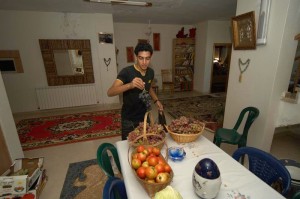



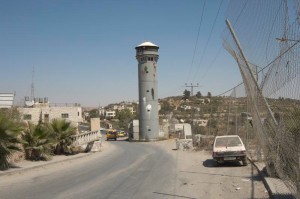


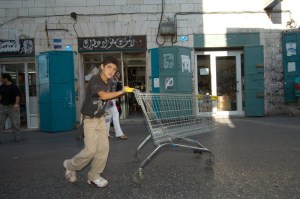



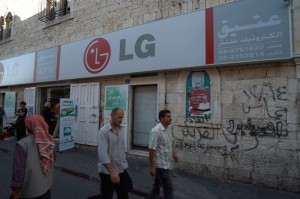




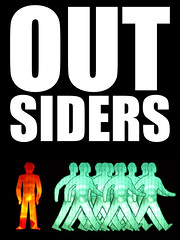

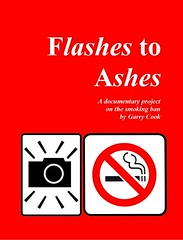
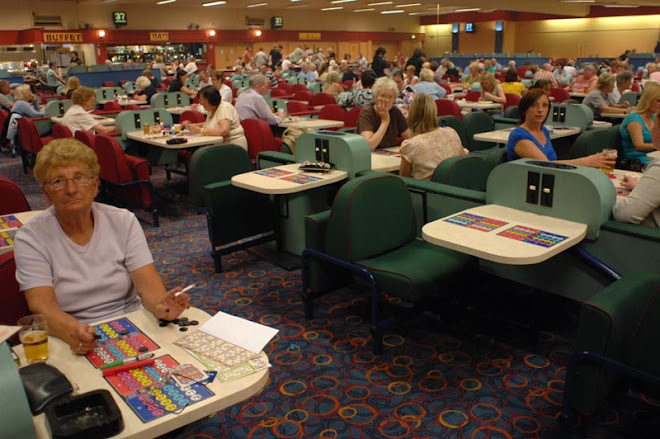
No comments:
Post a Comment